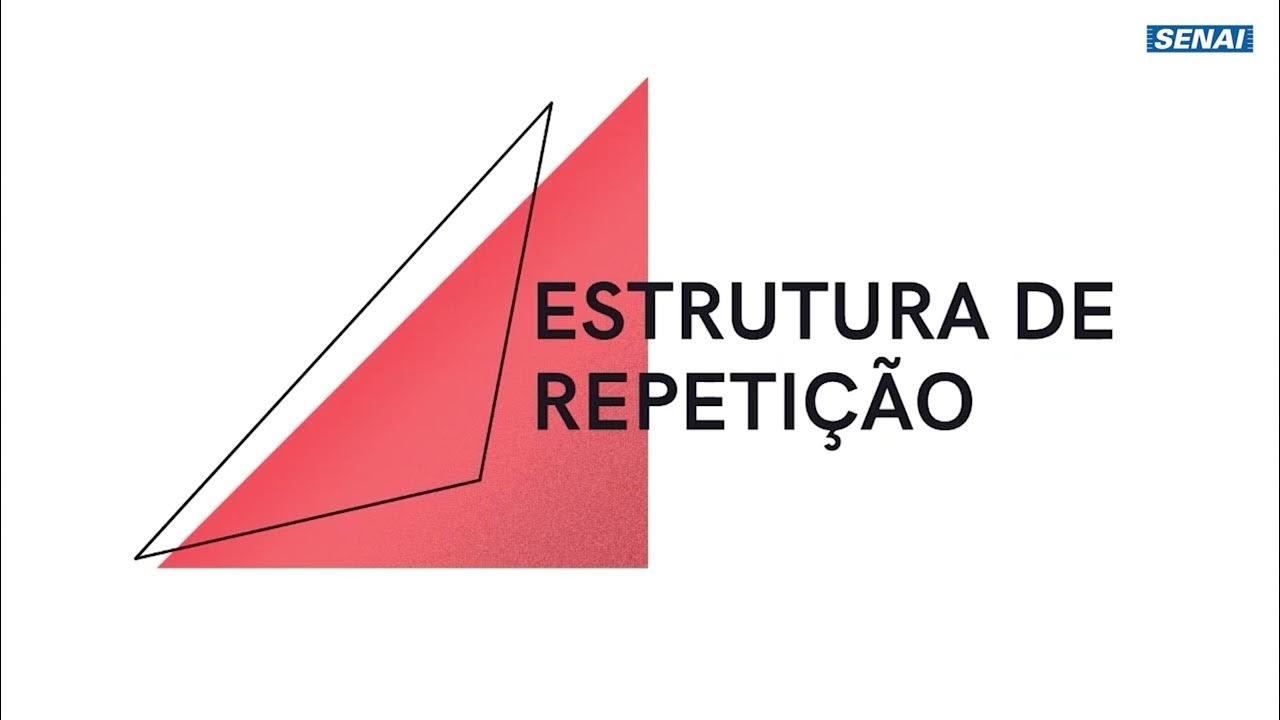AP Psychology - Cognition - Part 1 - Thinking & Problems
Summary
TLDRThis video introduces key concepts in cognition, focusing on how we think and solve problems. It explains how we group ideas through concepts and prototypes, and explores problem-solving strategies like algorithms, heuristics, and insight. The speaker highlights obstacles like confirmation bias, mental sets, and functional fixedness, which can hinder our thinking. The video also touches on mental shortcuts, such as representative and availability heuristics, and how framing and overconfidence affect decision-making. Overall, it provides an engaging look at the cognitive processes that shape our understanding of the world.
Takeaways
- 🧠 Concepts are mental groupings of similar items, like various types of chairs, helping us categorize and organize information.
- 🐦 A prototype is the best example of a category, such as a robin being more of a typical bird than a penguin.
- 🔢 Algorithms are step-by-step problem-solving methods that guarantee a correct answer if followed correctly.
- ⚡ Heuristics are mental shortcuts we use to make quick decisions and judgments without going through a lengthy process.
- 💡 Insight is the 'aha!' moment when the solution to a problem suddenly becomes clear.
- 🔍 Confirmation bias is when we seek information that supports our existing beliefs and ignore information that contradicts them.
- 🎯 Mental set refers to the tendency to approach problems in the same way based on past experiences, which can limit creative solutions.
- 🕯️ Functional fixedness is the inability to see an object being used for something other than its typical purpose, like using a matchbox as a candle holder.
- 📏 The representative heuristic is when we judge something based on how well it fits our mental image or stereotype of a category.
- 📚 The availability heuristic is when we make decisions based on the information that comes easily to mind, often leading to biased judgments.
Q & A
What are concepts, and how do they help us think?
-Concepts are mental groupings of similar objects, events, ideas, or people. They help us organize information by categorizing items in our brain, such as the concept of a 'chair,' which includes various types of chairs like armchairs, stools, or rocking chairs.
What is a prototype in the context of cognitive psychology?
-A prototype is the best example or most typical representation of a concept. For example, when thinking of a bird, most people visualize a robin, which is more prototypical of a bird than a penguin, even though both are birds.
What is the difference between an algorithm and a heuristic?
-An algorithm is a step-by-step, methodical procedure that guarantees a correct solution if followed properly. A heuristic, on the other hand, is a mental shortcut that allows for faster problem-solving, though it does not always guarantee the correct solution.
What is insight, and how does it differ from algorithmic problem-solving?
-Insight is the sudden realization or 'aha' moment when the solution to a problem becomes clear. Unlike algorithmic problem-solving, which is systematic and gradual, insight occurs spontaneously, often after struggling with a problem.
What is confirmation bias, and how does it affect problem-solving?
-Confirmation bias is the tendency to search for or interpret information in a way that confirms one's pre-existing beliefs. It can hinder problem-solving by causing individuals to focus only on evidence that supports their views, while ignoring contradictory information.
What are mental sets and how do they influence our ability to solve problems?
-A mental set is a tendency to approach problems in a certain way based on past experiences. It can limit creativity and flexibility in problem-solving, as it makes individuals stuck in their usual thinking patterns, which may not apply to new situations.
What is functional fixedness, and how does it limit problem-solving?
-Functional fixedness is the tendency to perceive objects only in terms of their typical use. It prevents individuals from thinking creatively about how an object can be used in novel ways, which can limit problem-solving abilities.
What is the representative heuristic, and how can it lead to errors in judgment?
-The representative heuristic is a mental shortcut where people judge the likelihood of something based on how well it matches a prototype. It can lead to errors in judgment by ignoring base rates or statistical probabilities, focusing instead on stereotypes or mental images.
How does the availability heuristic influence decision-making?
-The availability heuristic is the tendency to make decisions based on how easily examples come to mind. If an event or example is more memorable or recent, people may overestimate its likelihood, even if it's statistically rare.
How does framing affect decision-making?
-Framing refers to how information is presented. The way a choice or situation is framed can significantly influence decision-making. For instance, people are more likely to choose a treatment with a '95% success rate' than one that 'kills 5 out of 100 people,' even though both present the same statistics.
Outlines

Этот раздел доступен только подписчикам платных тарифов. Пожалуйста, перейдите на платный тариф для доступа.
Перейти на платный тарифMindmap

Этот раздел доступен только подписчикам платных тарифов. Пожалуйста, перейдите на платный тариф для доступа.
Перейти на платный тарифKeywords

Этот раздел доступен только подписчикам платных тарифов. Пожалуйста, перейдите на платный тариф для доступа.
Перейти на платный тарифHighlights

Этот раздел доступен только подписчикам платных тарифов. Пожалуйста, перейдите на платный тариф для доступа.
Перейти на платный тарифTranscripts

Этот раздел доступен только подписчикам платных тарифов. Пожалуйста, перейдите на платный тариф для доступа.
Перейти на платный тарифПосмотреть больше похожих видео

BERPIKIR KOMPUTASIONAL - 4 FONDASI BK

FÁCIL e RÁPIDO | INTERVALOS REAIS | UNIÃO | INTERSEÇÃO e DIFERENÇA

TEACHING FOR THE PROCESS AND CONTENT OF SCIENCE

Berpikir Komputasional - Informatika

Lógica de Programação - Estruturas lógicas - Parte 01

Introdução a Algoritmos - Curso de Algoritmos #01 - Gustavo Guanabara
5.0 / 5 (0 votes)
